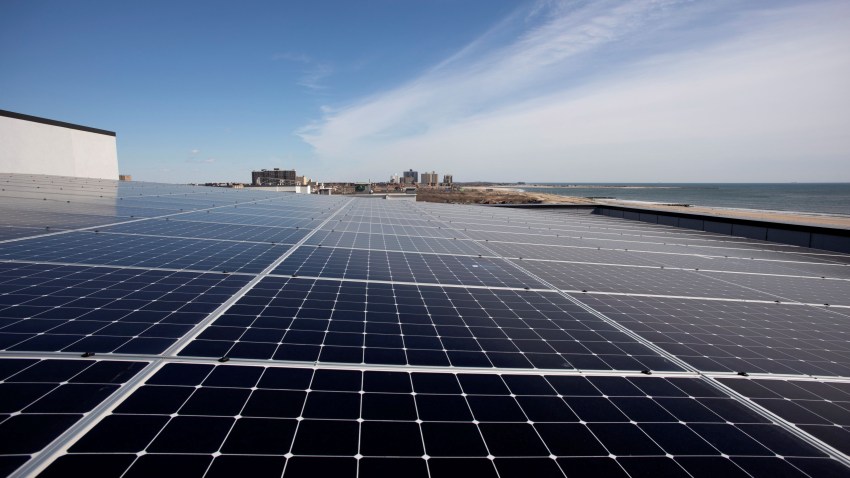Global progress on climate policy is hard to measure. In a step forward, last month’s United Nations COP27 Climate Change Conference set up a “loss and damage” fund for developing countries vulnerable to the impacts of climate change. But momentum stalled on phasing out fossil fuels.
At last year’s COP26 meeting, governments agreed to “phase-down” coal. This year, proposals to phase-down gas and oil couldn’t overcome the fierce resistance mounted by fossil fuel interests, including 1,000 delegates from the oil-producing United Arab Emirates and 636 oil and gas company lobbyists—more than the entire delegations of many African countries. The silver lining might be that the increasing intensity of the pushback from fossil fuel interests could itself reflect the global progress on building consensus for a phaseout, but that’s still small consolation.
Fortunately, macro-level multilateral diplomacy is not the only—nor even the primary—arena of climate action. Around the world, a massive and unstoppable decarbonization transition is underway, nudged by governments at all levels, from local to national, as well as by business and finance. Projects and policies to spur this transition target the whole gamut of energy, transport, industry and agriculture sectors.

